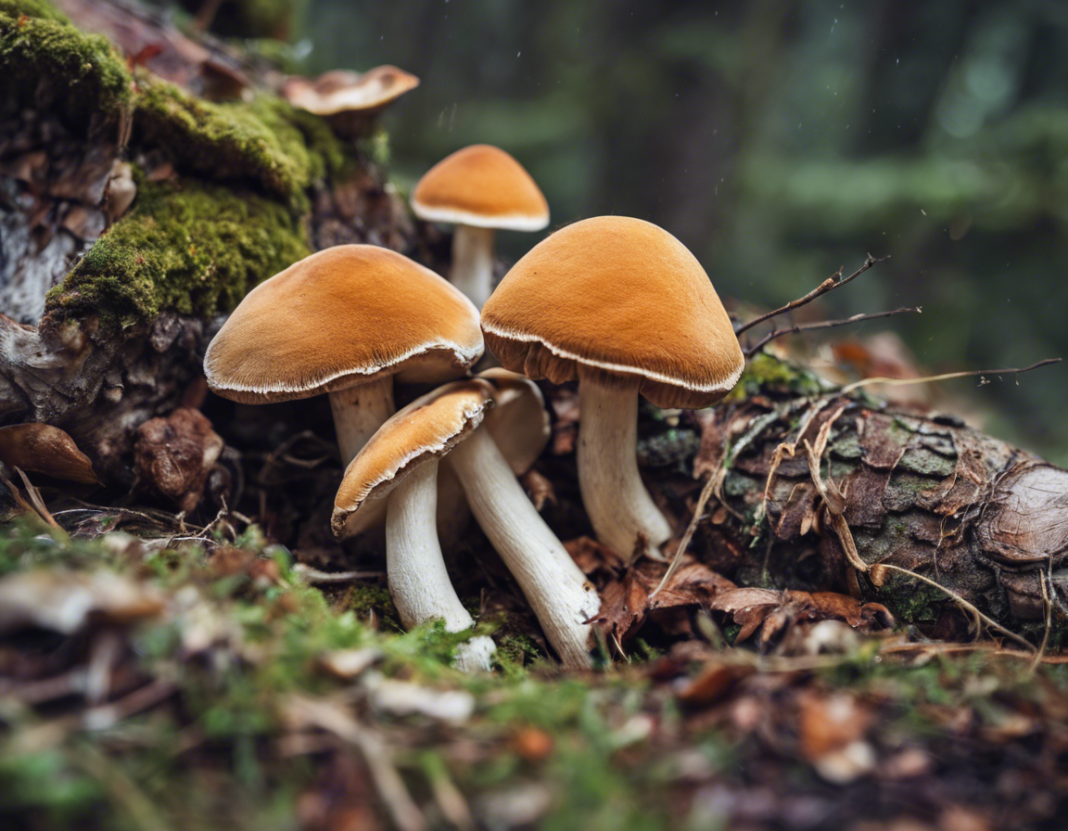Magic mushrooms, also known as shrooms, are wild or cultivated mushrooms that contain psilocybin, a naturally occurring psychoactive and hallucinogenic compound. While many people use them for their mind-altering effects, there is a concern about whether shrooms can be deadly. In this article, we will explore the potential risks associated with magic mushrooms, including overdose, toxicity, and adverse effects.
Understanding Psilocybin and its Effects
Psilocybin, the primary psychoactive compound in magic mushrooms, activates serotonin receptors in the brain, leading to altered perceptions, thoughts, and feelings. When consumed, shrooms can induce sensory distortions, changes in mood, and a distorted sense of time. Users may experience visual hallucinations, euphoria, and introspective insights. The effects typically begin within 20-40 minutes after ingestion, peak around 90 minutes, and can last up to six hours.
Risks of Magic Mushroom Use
1. Overdose
While psilocybin is considered to have a low potential for overdose compared to other substances like opioids, overconsumption of magic mushrooms can still lead to adverse effects. Symptoms of overdose may include severe confusion, paranoia, panic attacks, psychosis, and seizures. In rare cases, extremely high doses can cause coma or even death.
2. Toxicity
Certain species of mushrooms that are not psilocybin-containing can be toxic if ingested. Mistaking a poisonous mushroom for a psychedelic one can result in severe poisoning and even be fatal. It is crucial to accurately identify magic mushrooms to avoid toxicity.
3. Pre-existing Conditions
Individuals with certain pre-existing mental health conditions, such as schizophrenia, bipolar disorder, or severe anxiety, may be at an increased risk of experiencing negative reactions to magic mushrooms. Psilocybin can amplify existing psychological issues and lead to potentially harmful outcomes.
4. Legal Ramifications
Possessing, cultivating, or distributing magic mushrooms is illegal in many countries. Engaging in activities related to shrooms can lead to legal consequences, including fines and imprisonment. It is important to be aware of the legal status of psilocybin-containing substances in your region.
Harm Reduction Strategies
To minimize the potential dangers associated with magic mushrooms, consider the following harm reduction strategies:
-
Education: Learn about the different species of magic mushrooms, their effects, and how to identify them accurately.
-
Dosage: Start with a low dose and practice responsible use. Avoid mixing psilocybin with other substances.
-
Set and Setting: Create a safe, comfortable environment before consuming magic mushrooms. Set refers to your mindset, while setting relates to the physical surroundings.
-
Support: Have a trusted friend or sitter present when experimenting with shrooms to assist in case of emergencies.
-
Integration: After the experience, take time to reflect on the insights gained and integrate them into your daily life for personal growth.
Frequently Asked Questions (FAQs)
1. Can you die from eating magic mushrooms?
While death from psilocybin poisoning is rare, consuming a large amount of magic mushrooms can lead to severe health complications, including coma and death. It is essential to use caution and moderation when ingesting shrooms.
2. How long do the effects of magic mushrooms last?
The effects of magic mushrooms typically last between 4 to 6 hours, depending on the dosage and individual sensitivity. After the peak experience, users may feel residual effects for several hours.
3. Are magic mushrooms addictive?
Psilocybin is not considered to be physically addictive. However, some individuals may develop a psychological dependence on the effects of magic mushrooms, seeking them out for recreational use.
4. Can magic mushrooms cause long-term mental health issues?
Prolonged or frequent use of magic mushrooms can potentially exacerbate underlying mental health conditions or trigger psychological disturbances. Individuals with a history of mental health issues should approach psilocybin use with caution.
5. How can one differentiate between edible and toxic mushrooms?
Accurate identification of magic mushrooms is crucial to avoid toxicity. Consult with an expert mycologist, utilize field guides, or attend workshops to learn how to distinguish psilocybin-containing mushrooms from toxic varieties.
In conclusion, while magic mushrooms can provide transcendent experiences and therapeutic benefits for some individuals, they also pose risks that should not be overlooked. Practicing caution, informed decision-making, and responsible use can help mitigate the potential dangers associated with psilocybin consumption. Remember to prioritize safety, education, and harm reduction strategies when engaging with magic mushrooms to promote a positive and transformative experience.









